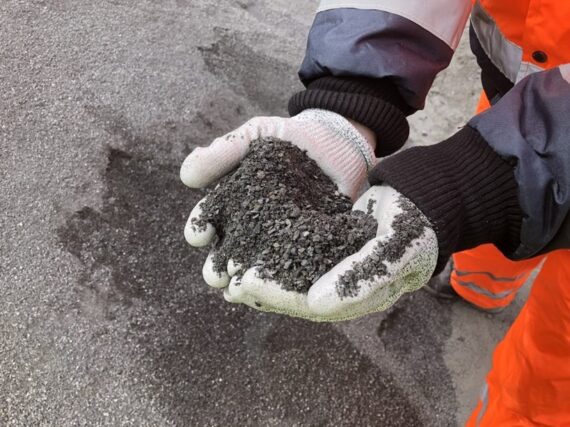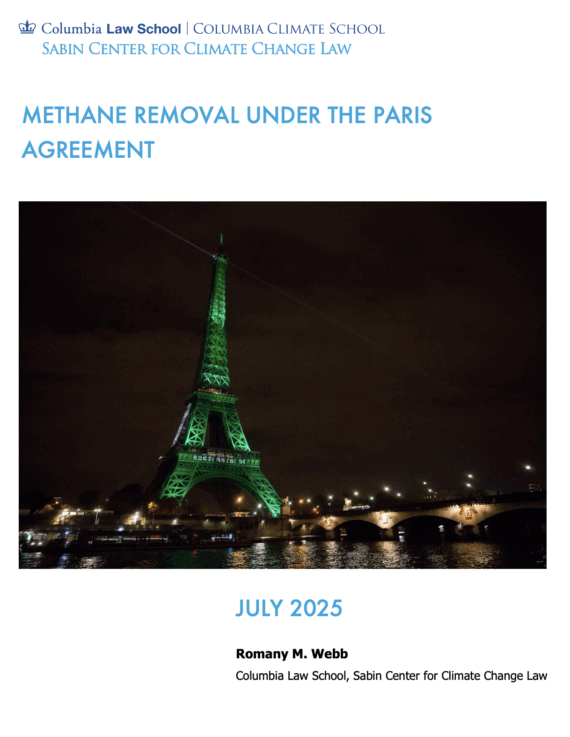Until recently, Louisiana was the darling of the carbon capture, removal, and storage industry. Due to its history of oil and gas production, the state has a fairly extensive carbon dioxide pipeline network, and ideal geology for storing carbon dioxide. For those reasons, federal incentives to advance point source capture […]
Negative Emissions
Enhanced rock weathering (ERW) is a promising solution for durable carbon dioxide removal (CDR) which involves spreading finely ground alkaline rocks (such as basalt and other silicate rocks) over land. Scientists posit that the alkaline materials will react with carbon dioxide in the air, sequestering it in mineral or aqueous […]
At the Sabin Center, we have been writing about international legal guidelines that should guide governance discussions of marine carbon dioxide removal (mCDR) under the London Convention and Protocol. We published a white paper, and followed that up with two blogs (see here and here) summarizing the findings of that […]
Introduction We are at a moment of profound development in understanding how international law applies to climate change. Recently issued advisory opinions from the International Court of Justice (ICJ), the International Tribunal for the Law of the Sea (ITLOS), and regional human rights courts have clarified country obligations, under international […]
Introduction Parties to the 1972 Convention on the Prevention of Marine Pollution by Dumping of Wastes and Other Matter (London Convention) and the 1996 Protocol to the Convention (London Protocol)—two international treaties that aim to protect to the marine environment from human activities—are set to meet in the last week of October 2025. […]
The field of carbon dioxide removal (CDR) is ethically and technically complex. It encompasses a wide range of approaches – from tree planting to ocean alkalinity enhancement to electrochemical capture – each with their own delivery timelines, costs, and ecological impacts. They raise common concerns: Are they a distraction from […]
The climate crisis has necessitated a wave of bold innovation. As new climate mitigation strategies have been developed, the law has often failed to keep up. This is especially clear in the ocean, where marine carbon dioxide removal (mCDR) projects – techniques that use the ocean to remove and store […]
In the 2015 Paris Agreement, the international community agreed to “strengthen the global response to climate change” by limiting the “increase in global average temperatures to well below 2oC above pre-industrial levels,” and ideally to 1.5oC. As recognized in the Agreement, to stay within these limits, global greenhouse gas emissions […]








